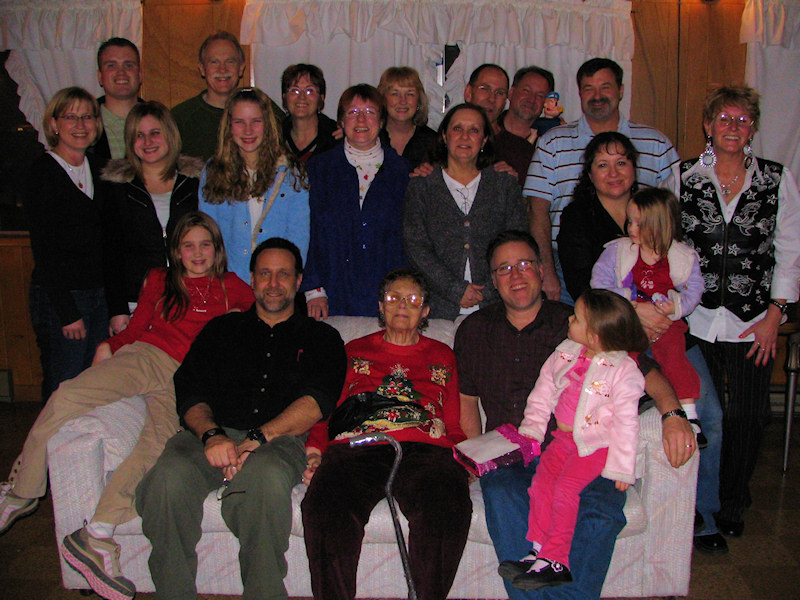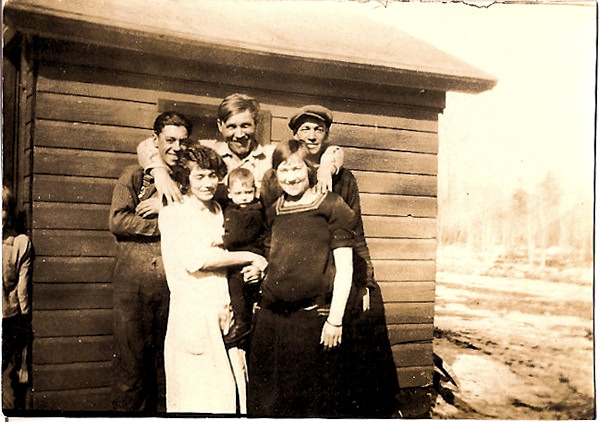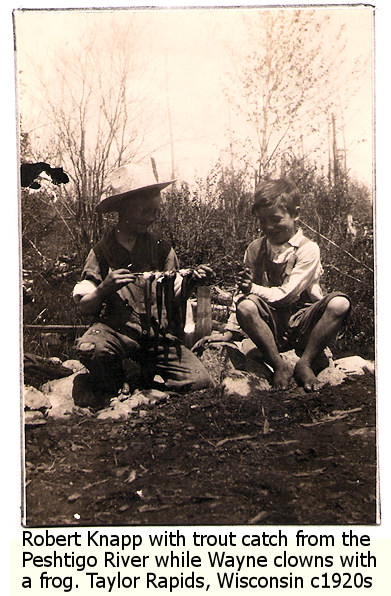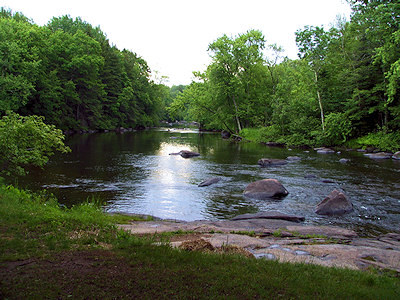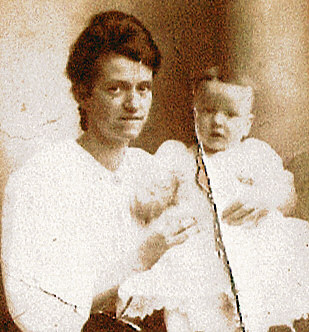As mentioned recently, I’ve been working on transcribing the journal, written pages, and notes found in the many papers of the Knapp side of my family, and I’ve run into some problems finding credits for the work they have written, and a lot of difficulty finding out if what they’ve written is their own original work or a copy of the work of others.
There are literally hundreds of poems, sayings, and stories the Knapp children copied for their homework or fun. While I am still transcribing and researching the sources of these written works, I had an interesting “light bulb” moment about all these copied works.
As I pour through these pages filled with scribbles, doodles, and cursive writing from 100 and less years ago, looking for original work among the copied pieces, I realized that what I was actually reading was representative of their life at that time.
The music, songs, stories, and poetry they copied tell a story of their culture and fads of the time. In the Knapp Family Journal (1916-1924), I’ve found songs and poems copied about Kaiser Wilhelm and wanting soldiers to return from war. These were the days of World War I circa 1914 – 1918.
The songs they listened to, and probably sang, came off the radio. Where they found a radio in the poor, logging camp community in the far reaches of northern Wisconsin in the 1910s is a puzzle. I’m still researching this, but clearly the songs came through, including the political and propaganda songs like “Somewhere in France is Daddy”, based on a popular World War I song made famous by Charles H. Hart and “The Great Howard”, popular singers at the time. This was copied and dated in 1917.
Somewhere in France is Daddy
Somewhere in France is he
Fighting for home and country.
Fighting my lad for liberty
I pray every night for allies
And I ask God to help them win.
For our Daddy won’t come back
Till the Stars and Stripes are tacked
On Kaiser Wilhelm’s flag staff in Berlin
In my mind’s eye, having just returned from Northern Wisconsin and walking along the dirt roads where Taylor Rapids used to be a thriving but small logging camp community, I can see the rough and tumble kids in their dirty pants and baggy shirts, stick fishing poles over their shoulders, stomping along the wet muddy road singing boisterously, shouting the last line at the top of their lungs.
I also found many stories and poems about mothers. The times were tough for the Knapp kids as their father was away working at logging camps a lot of the time, and their mother also worked long hours as a cook for the nearby logging camps in Taylor Rapids, Wisconsin. Some of the mother poems were clearly written by mother Emma Beatrice (Primley) Knapp, with others were written by the children, including one original poem they called “When Their Ma Goes Away”:
Allen and Melvin and Nonie and Loyd
Are the very best children I know
They work from morning until night
Altho’ they’re very slow.
They do not quarrel, they do not fight
They do not run and play –
They always stick around
And work and work all day.
When their ma’s away, they do not play.
The promise to be “best children” speaks highly of the kids determination, and failure, to be “good”, as they were definitely known for their “wild ways”. Clearly cunning and guile were part of their childhood personalities, giving me even more insights into who these ancestors of mine were.
The poems, songs, and stories they copied also tells me about their school life and the topics they studied. Possibly many of these poems were copied as part of the task of memorizing them as a homework assignment. I can see one child writing it down and then testing the others on their memorization, smacking each other around as they screwed it up until each was able to recite it perfectly.
I think back to all the lyrics and poems I copied as a child, especially during the childhood years as I learned the lyrics to popular songs and tried to figure out what poetry was and how it worked. I remember being delighted to see such magic come out of my pen, even though the words weren’t mine. So I can easily imagine the same thrill and honor paid to those copied down words by my ancestors, working in the candle or oil lamp light as they scratched out the words with pencil.
As I recognized all the clues left behind in their copied works, I’m beginning to forgive them for leaving such little original material behind. And then I realized that they did. They left tons of original writings behind. These were published and unpublished in letters, books, and tons of paper that I’m still pouring through, written after they’d grown up and married. Even as small children writing in pencil is this old ledger book almost a hundred years ago, they were preparing for their future, honing their writing skills. What a rare insight and gift.




